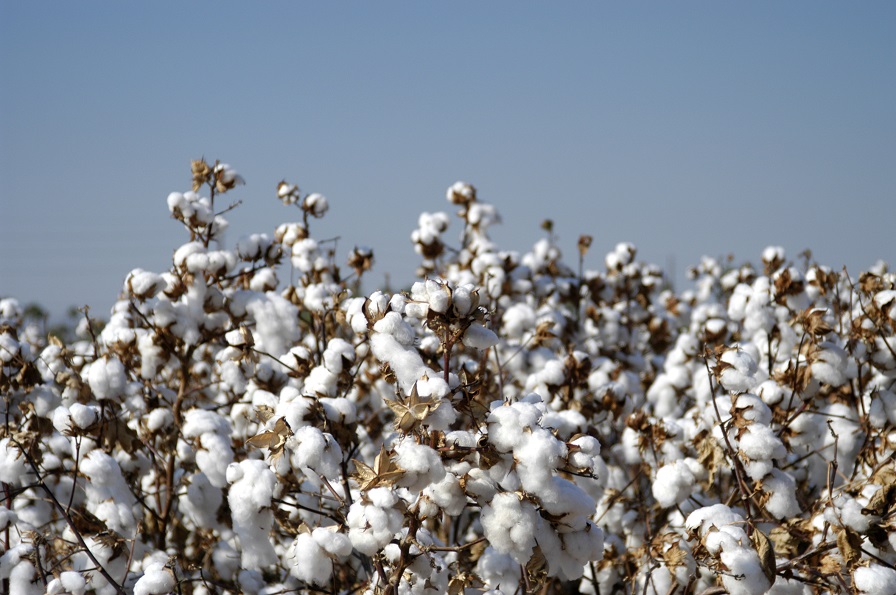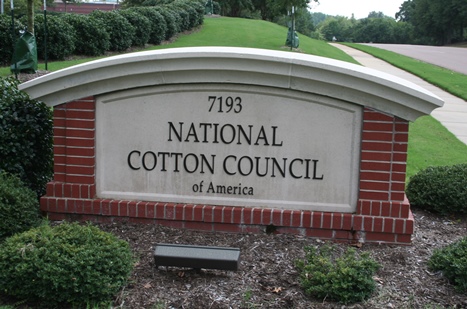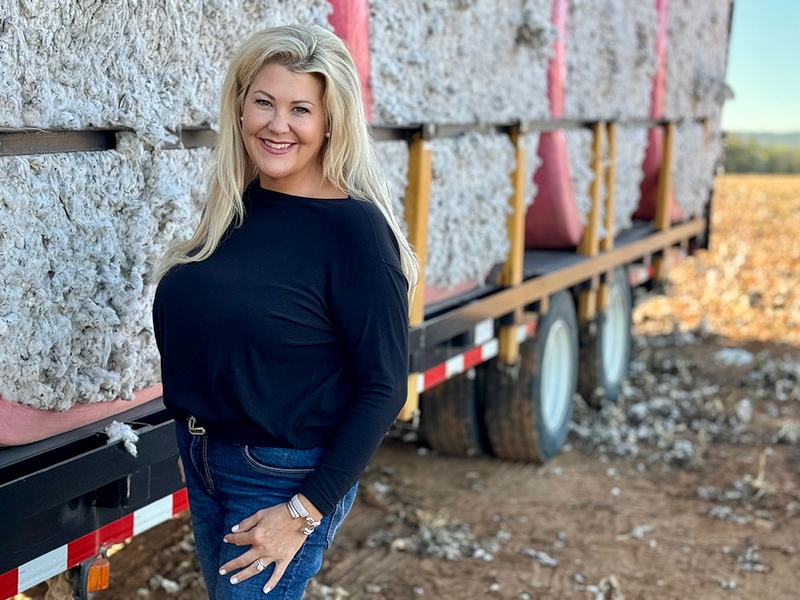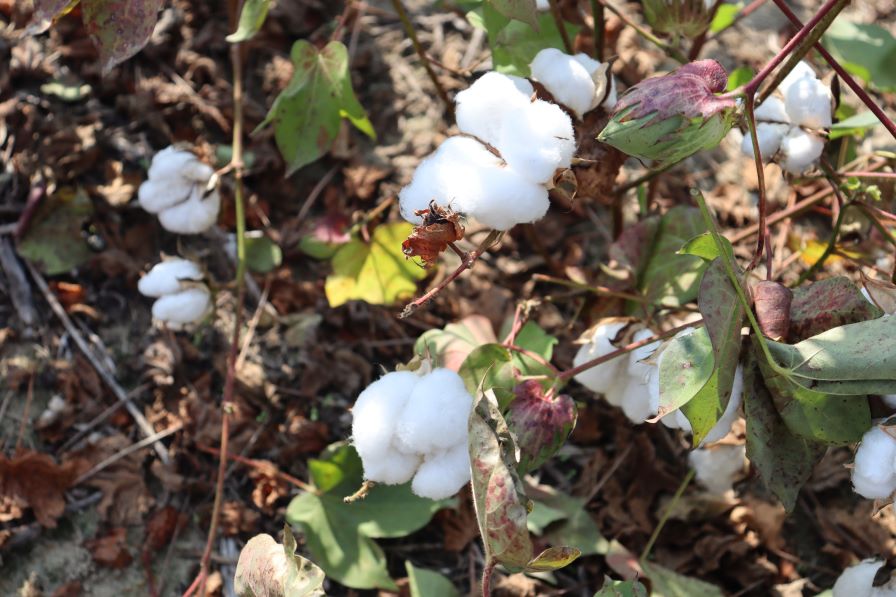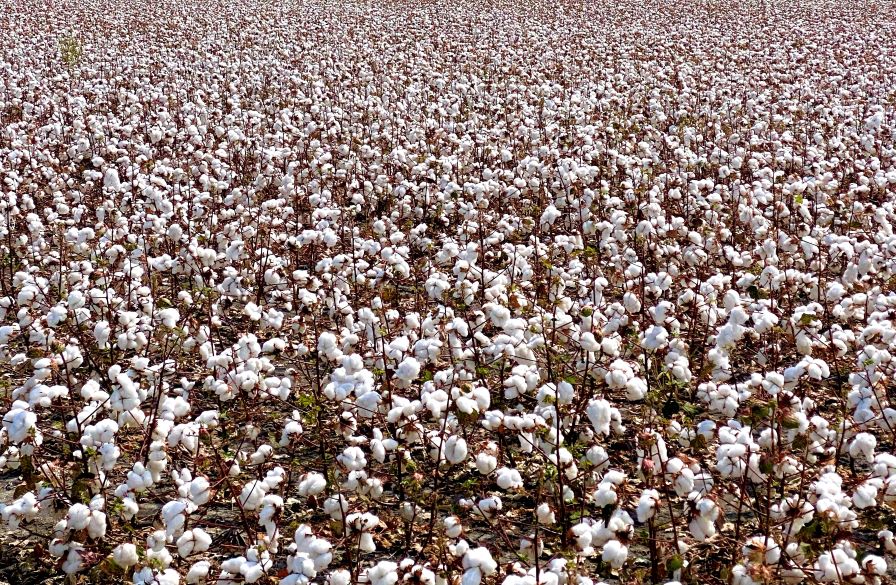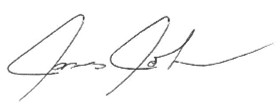Working Collectively Toward a Stronger Future for U.S. Cotton
This year feels like an especially hard time to be a cotton grower. Prices are low, and input costs are high. Yet the world and the global economy still depend on farmers to feed and clothe the world.
The cotton industry has faced significant headwinds for years. The last several years have been unprecedented in terms of the economic, political, and weather factors that have severely affected the cotton industry in terms of demand, prices, production costs, and yields.
Given all that is going on, producers must wonder if they are in this alone. The good news is that the U.S. cotton industry has a tight-knit group of forward-looking organizations and professionals dedicated to their work even during the most challenging times.
- The Cotton Research and Promotion Program, overseen by The Cotton Board and implemented by Cotton Incorporated, is laser focused on its mission of increasing demand for and profitability of cotton.
- The National Cotton Council is fighting hard on behalf of all seven industry segments to ensure cotton has a seat at the table in Washington.
- Cotton Council International is fervently promoting U.S. cotton as the fiber of choice around the world.
Because of the investment by producers, importers, and other stakeholders into these U.S. cotton industry organizations, there is always a team working behind the scenes that is committed to the cotton industry they serve.
These industry programs successfully create innovative solutions, solve significant industry problems, and explore every avenue to generate demand for cotton. These organizations work to address various economic challenges cotton farmers and the industry faces, such as market uncertainty, trade policies, and competition while promoting industry growth and sustainability.
Some recent commentary has suggested these programs are no longer relevant. Without these organizations, it would be up to each individual cotton producer to find new markets for their cotton, to promote their cotton to consumers, to tell their sustainability story alone, to solve complex pest and weed management issues, to advocate for inclusion in farm policies, to find ways to make cotton fiber longer and stronger, all while managing their operation and growing their crop.
The positive return on investment and unwavering work of these cotton organizations over the years are, indeed, the fabric of our industry. These organizations create innovative solutions, solve significant industry problems, and explore every avenue to generate demand for cotton.
None of these organizations is sitting on the sidelines. We are working collectively toward a stronger future. Each organization has its specific mission and purpose, but we all have a joint stake in cotton.
The U.S. cotton industry is facing significant challenges. We understand the need to become more competitive. No one can rest on their past laurels. The leadership of our cotton industry organizations is equipped and intent on ensuring a bright future for U.S. cotton. The four national organizations responsible for ensuring industry profitability are all undertaking strategic evaluations that will ultimately enable the industry to respond better to ever-increasing competition. No matter how positive the results have been, we must create more positive impacts from these programs
Our industry’s ability to initiate a collaborative, comprehensive effort to strengthen cotton has always been the right prescription. We will continue building on our positive impacts, even making those impacts greater from these programs. The U.S. cotton producers’ success is our success; their tough times are ours as well. The current climate of the U.S. cotton industry demands we dig deeper, and we are answering the call, together.
We urge you to read our columns and other updates in Cotton Grower, sharing our work on behalf of the industry.
Signed,
Akiko Inui, Chairman, The Cotton Board
James Johnson, Chairman, Cotton Incorporated
Joe Nicosia, Chairman, Nation Cotton Council
Steve Dyer, Chairman, Cotton Council International




